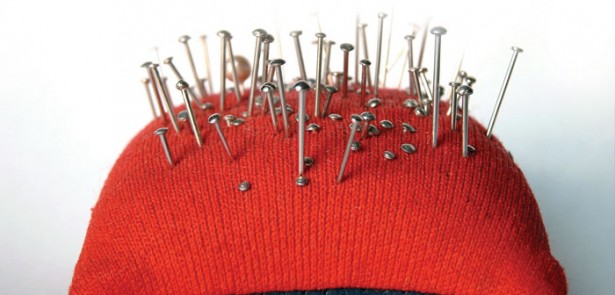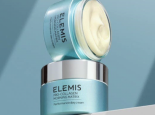Get the point

Marathon superwoman Paula Radcliffe admits to being a fan but how can acupuncture help you recover from – and prevent – injuries?
What’s the story?
According to the ancient theories of traditional Chinese medicine, acupuncture is vital in clearing blockages and helping to balance the body’s yin and yang, as imbalances manifest themselves as illness or pain. It involves practitioners placing a thin, disposable needle into one of 365 recognised points on the body. “With sports people you get what we call ‘blockages’ so acupuncture is effectively like clearing a blocked drainpipe,” says British Acupuncture Council member Raylene Collyer. “We use this analogy because if you have a pain in the knee, we will be looking at points in the hips and feet to clear the ‘blockage’.”
Does it hurt?
Not really, but you can feel the sensation. “The perception of acupuncture is that it hurts,” says Raylene, “but we do speak to people about the thinness of the needles: you can fit nine acupuncture needles into a hypodermic needle which shows you just how thin they are. Mostly people can’t feel it, but there is a specific sensation we’re looking for.”
What’s the idea?
It is thought that the needles stimulate the brain to release endorphins, boosting mood and relieving tiredness, and trigger the immune system to help to ward off injuries, soreness and joint pain. Several small studies have suggested that it works for runners. One published last year in the journal Chinese Medicine found “significant differences” in muscle soreness among those who had acupuncture during an exhaustive training regimen compared with those who didn’t.
What’s it good for?
Different injuries respond in different ways: soft tissue injuries (eg muscle) can be treated very quickly, but long-term injuries may take longer to respond.
“In these cases,” says Raylene, “we would look beyond the injury itself and look at people’s diet, lifestyle or hereditary issues. If people aren’t healing, then it’s usually because there’s something wrong with their constitution.” It’s great for tight ITBs, lower back pain, gluteal muscles, runner’s knee and neck and shoulder pain. It can also help strengthen the immune system to keep injuries at bay.
Does it work for everybody?
It depends on the person, although there’s no medical reason why it can’t help. “It will help with pain relief in soft tissue damage or knee and ankle pain, but obviously an individual will still need to rest,” says Raylene. “If someone’s broken their leg, we can help with the healing process but we can’t knit the bone back together!”
What is the cost
Depending on the severity of the injury, you will need at least two or three sessions. Some athletes use acupuncture as part of their injury prevention regime. Expect to pay around £40-£60 per session.
- To find a practitioner in your area call the British Acupuncture Council on 020 8735 0400 or visit www.acupuncture.org.uk















